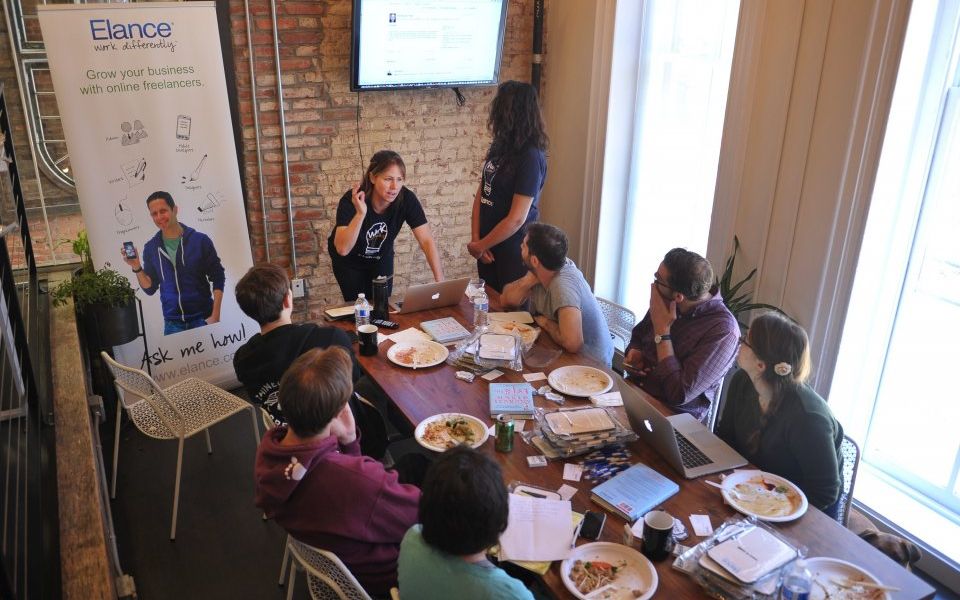Here’s how to capitalise on the freelance revolution

By 2020, half of the UK’s workforce will be freelance. It’s a staggering shift. Or is it?
We shouldn’t actually be that surprised, as we’re at the start of the next work revolution.
Employee disenchantment with the corporate lifestyle – marked by long and stressful days, poor work-life balance, and salaries not keeping pace with inflation – continues to grow.
Alongside this, technology is creating a world of options, allowing people to market themselves independently.
Plus points
Going it alone gives freelancers greater control over their working hours and more power to negotiate their salary – an attractive proposition for the increasing number of Britons turning to freelancing.
According to our recent survey of UK freelancers, business owners, and full-time employees, this revolution is well and truly under way, with 64 per cent of business owners currently relying on freelance staff and 39 per cent of them predicting that they’ll hire more freelancers than permanent staff in the next five years.
For business owners, it’s clear that freelancers offer greater flexibility in their workforce structure, and bring skills that may otherwise not be readily available.
The new normal
Even as this employment revolution gathers momentum, it’s surprising that some things still remain true.
As highlighted by our study, networks continue to be the mainstay of how individuals find opportunity and how businesses find talent.
With opportunities arising ever faster, and the online universe becoming flooded with fake reviews and manufactured credentials, it becomes increasingly important for individuals and businesses alike to invest in these trusted networks.
The best networks, however, will be born out of introductions and referrals which have trust at the core.
So, what does this mean for freelancers and businesses? Both camps acknowledge the importance of investing in and building trusted networks, which provide an opportunity ripe for the application of technology.
Where technology can be used to deeply, and continuously, understand the skills, interests, behaviours and needs of individuals, to foster an environment that seamlessly connects people with complementarity skills and interests.
Creating tech-enhanced networks will help more people be in the right place at the right time to connect with the right person.
Life on the edge
IT professionals, photographers, web developers, marketers and designers are firmly entrenched in the freelance economy.
However, it isn’t all a bed of roses: challenges abound.
Our research shows that uncertainty about their work pipeline is the biggest concern for 69 per cent of freelancers. Freelancers also feel like they are in a race to bottom on price, and despite their earnings (or earning potential), a lack of benefits means that they often live life on the edge.
On the other side of the table, businesses may feel exposed by having freelancers work on mission critical projects.
Building trusted networks that are ever-expanding, proliferating with ease and speed, can help to solve all of these problems. This new employment revolution is exciting. Adapting to this change will ensure that skilled people get the best appointments and that businesses get the best skills.
By combining AI with the age-old power of networks, we can fulfil the promise of this revolution, increasing productivity for businesses, and providing fulfilling work for everyone.